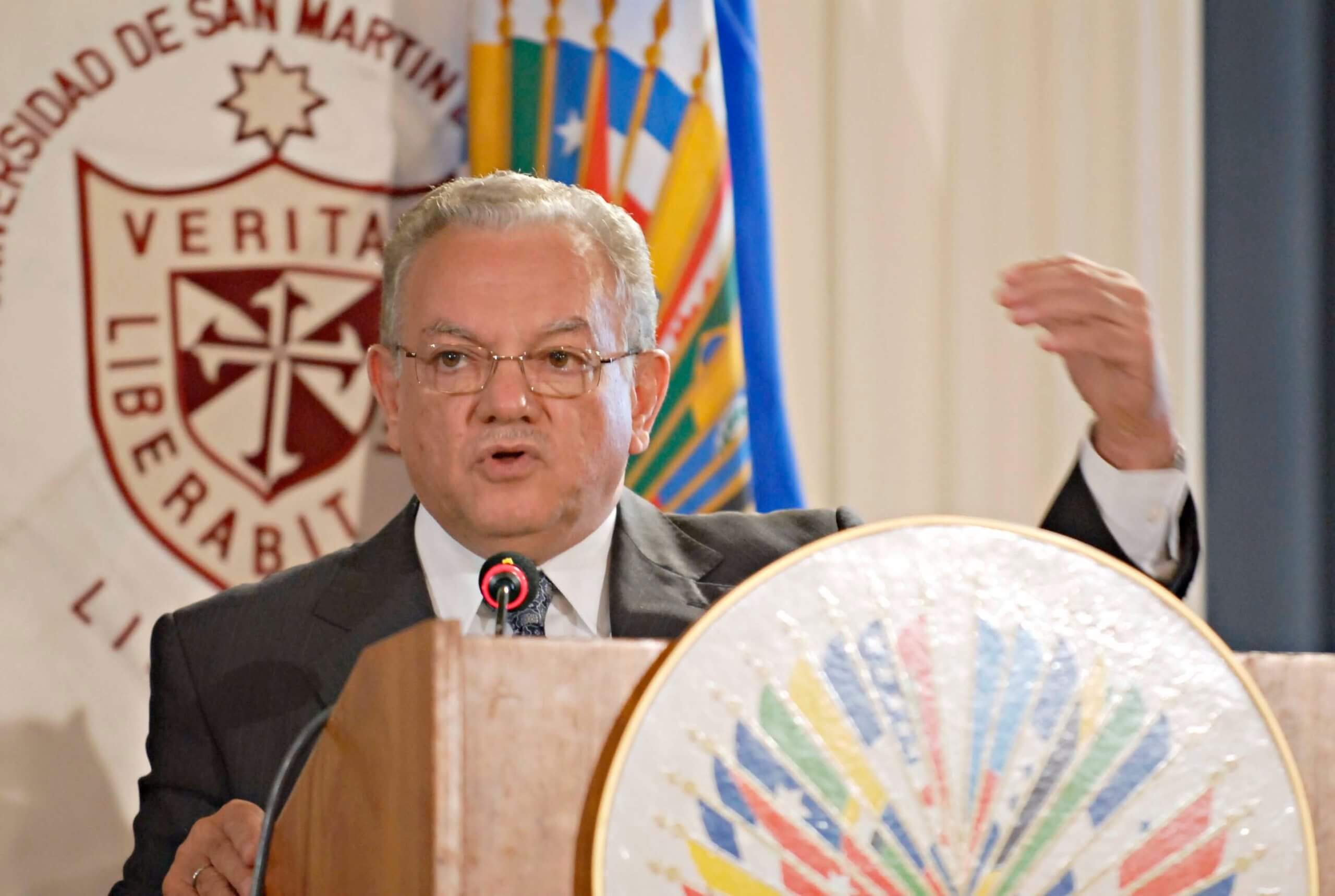In particular, HRF appreciates that the CVR-H based many of its conclusions on the report published by HRF after the June 2009 coup in Honduras. However, HRF criticizes the CVR-H’s conclusions and recommendations regarding the alleged absence of a presidential trial in Honduras and the necessity of constitutional reform.
“We congratulate the CVR-H for successfully documenting one of the most serious democratic crises in Latin America in recent history,” said Thor Halvorssen, president of HRF. “We are especially glad that our report served the CVR-H in this daunting and historical task,” added Halvorssen.
Last Thursday, the CVR-H presented its report, titled "To Prevent these Events from Happening Again: Report of the Truth and Reconciliation Commission", which examines in detail the events surrounding the coup of June 28, 2009. The 800-page report includes several references to HRF’s legal report, The Facts and the Law behind the Democratic Crisis of Honduras, 2009-2010, published in March 2010.
“The commissioners (…) agree with the analysis made by the Human Rights Foundation, in order to define what happened in Honduras as a coup d’état,” the CVR-H states on page 202 of its report. “[A] coup d’état would refer to a scenario with the following four concurring elements: ‘first, that the victim of the coup is the president or other civil authority with full control of executive power in that country; second, that the perpetrator of the coup has used violence or coercion to remove the victim from his post; third, that the action or actions that constitute the coup are abrupt or sudden and rapid; and fourth, that this action occurs in clear violation of the constitutional procedure to remove the president, or chief executive.’ In the case of Honduras, all of the four aforementioned elements were present,” the CVR-H concludes.
In March 2010, HRF sent a letter to Eduardo Stein, coordinator of the CVR-H, and made its 300-page legal report available to him. Over a year after this exchange, the CVR-H ratified many of HRF’s conclusions. In particular, the CVR-H concludes that the coup occurred in the context of democratic erosion precipitated by unconstitutional actions by the president of Honduras, Manuel Zelaya. The report also concludes that the actions of the Secretary General of the Organization of American States (OAS), Jose Miguel Insulza, prior to June 28, affected the credibility of the OAS.
“The OAS sent an accompaniment mission for the [national opinion] poll [mandated by Zelaya], even though relevant authorities of the Honduran State at all levels had issued resolutions stating that the poll was illegal and that it should not take place. This decision by the OAS undermined the confidence of several Honduran groups in the international organization,” the CVR-H determines on page 393 of its report.
However, HRF is careful to note its dissent from the conclusions and recommendations of the CVR-H regarding the purported absence of a presidential trial in Honduras and the necessity to reform the constitution to regulate this procedure (page 398ff.).
A special trial against high ranking state officials, including the president, is already regulated by the constitution (Art. 313(2)) and the code of criminal procedure of Honduras (Arts. 414-417), which grant the attorney general the power to prosecute the president before the Honduran Supreme Court of Justice.
“If they had simply followed this procedure, President Zelaya could have been removed constitutionally, with due process of law,” says Javier El-Hage, general counsel of HRF.
Since 1825, Honduras has enacted 14 different constitutions and modified the constitutional provisions regarding presidential trials at least 15 times.
“The Truth Commission’s assertion that the solution for Honduras is yet another reform, is just plain misguided. In order ‘to prevent these events from happening again,’ Honduran politicians across the spectrum must uphold their country’s constitution, instead of changing it every time it does not suit them,” concludes El-Hage.
Annex 3 of HRF’s legal report includes a detailed description of the constitutional provisions related to presidential trials, both in Honduras and in 17 other Latin American countries.
The Facts and the Law behind the Democratic Crisis of Honduras, 2009-2010, was authored by Javier El-Hage under the auspices of the HRF Center for Law and Democracy, an academic program of HRF that promotes legal scholarship in the areas of comparative constitutional law and international law.
HRF is an international nonpartisan organization devoted to defending human rights in the Americas. It centers its work on the twin concepts of freedom of self-determination and freedom from tyranny. These ideals include the belief that all human beings have the rights to speak freely, to associate with those of like mind, and to leave and enter their countries. Individuals in a free society must be accorded equal treatment and due process under law, and must have the opportunity to participate in the governments of their countries; HRF’s ideals likewise find expression in the conviction that all human beings have the right to be free from arbitrary detainment or exile and from interference and coercion in matters of conscience. HRF does not support nor condone violence. HRF’s International Council includes former prisoners of conscience Vladimir Bukovsky, Palden Gyatso, Václav Havel, Mutabar Tadjibaeva, Ramón J. Velásquez, Elie Wiesel, and Harry Wu.
Contact: Jamie Hancock, Human Rights Foundation, (212) 246.8486, [email protected]
Read the PDF version of The Facts and the Law behind the Democratic Crisis of Honduras, 2009-2010.
Read the PDF version of the letter sent to Eduardo Stein.
